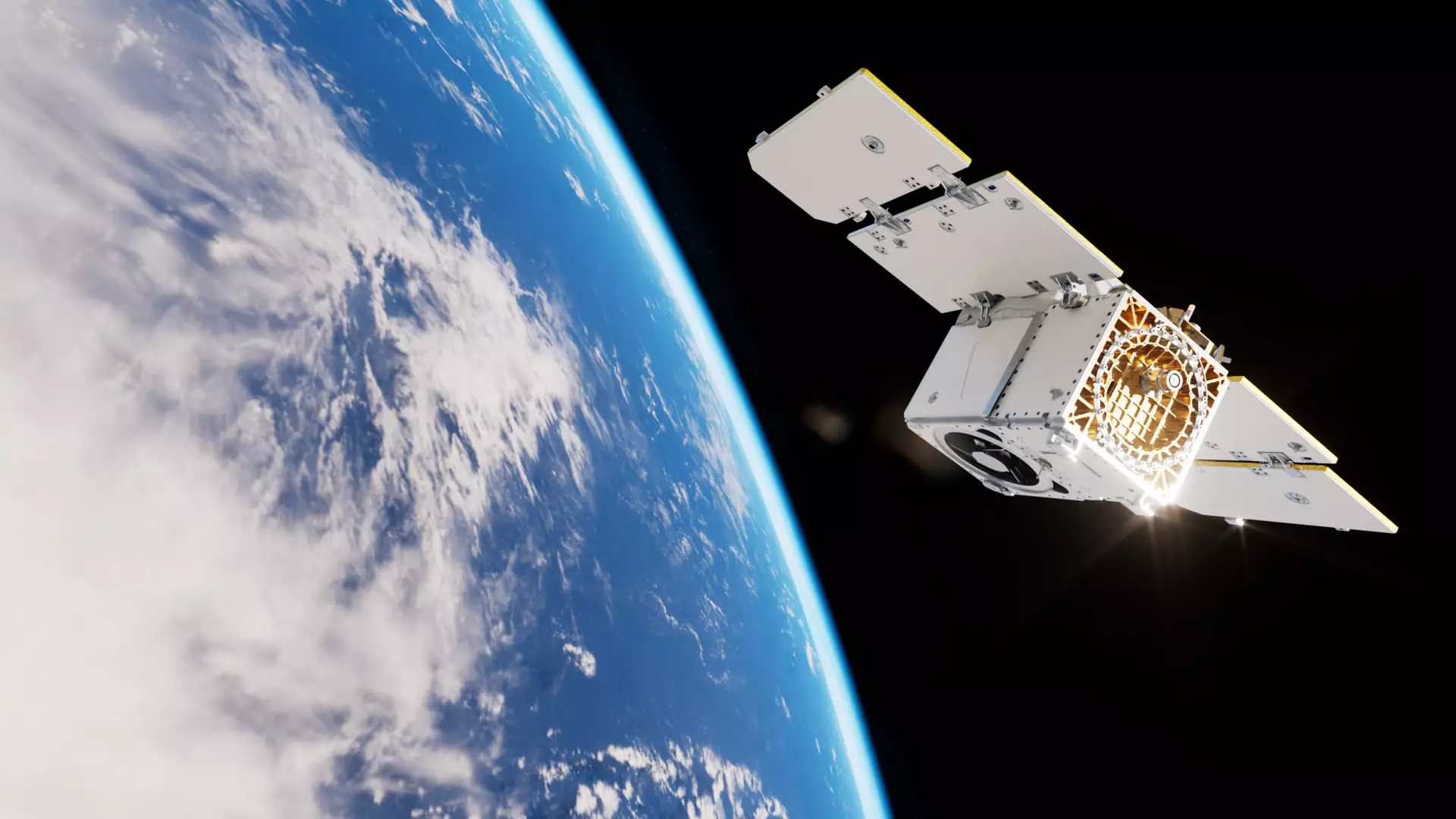In a significant development for the aerospace and satellite imagery sector, Planet, a leader in satellite data and analytics, announced a landmark $230 million contract with a key customer in the Asia-Pacific region. This deal, unveiled by CEO Will Marshall, is termed as a crucial milestone for the company as it embarks on an ambitious rollout of its next-generation Pelican satellites. The significance of this contract cannot be overstated; it’s not only the largest deal in the company’s history, but it also symbolizes Planet’s strategic shift toward offering satellite services on a global scale.
The contract entails Planet constructing a series of Pelican satellites tailored specifically for a longstanding partner whose identity will be disclosed later. This initiative resonates with Planet’s broader vision: expanding its satellite constellation and enhancing its service offerings. According to Marshall, the agreement will span multiple years for constructing the satellites, ultimately providing five years of operational service tailored to the customer’s needs in the Asia-Pacific region.
Such an arrangement demonstrates Planet’s commitment to meeting specific customer demands while also allowing the company to license data from these satellites globally. This dual advantage positions Planet favorably in a competitive landscape, effectively catering to both clients and its data-driven revenue model.
While the immediate financial implications may not alter Planet’s existing projections for the fiscal year 2025, Marshall anticipates significant enhancements to the company’s balance sheet starting in 2026. Payments for the construction and operational services related to the satellites will be spread over seven years, which suggests a sustained income stream. This extended financial horizon could provide Planet with the stability it needs to further its ambitious projects and innovate within the satellite sector.
The recent success of the Pelican satellite line is pivotal, with a goal of deploying a robust constellation of up to 32 satellites, replacing the older SkySat satellites that Planet acquired from Google in 2017. The recent launch of the first operational Pelican satellite, Pelican-2, underscores the technological advancements embedded in this new crowning achievement, notably its integration with Nvidia’s Jetson edge artificial intelligence platform, revolutionizing data processing capabilities.
Following the announcement, Planet’s shares saw an initial spike of 14% before stabilizing, closing at $5.46. This fluctuating stock performance reflects the underlying market sentiments about Planet’s ability to execute on its ambitious goals amid a complex landscape of evolving aerospace markets. The recent contract with the European Space Agency adds another layer of promise, further illustrating the company’s growing engagement with both public and commercial sectors.
Marshall has articulated a clear vision: The Pelican deal marks Planet’s bold entry into the satellite services domain, allowing for a bespoke offering that targets specific customer requirements. This marks a progression from previous initiatives, such as the Tanager satellite product line, further emphasizing Planet’s growth trajectory within the sector. By leveraging a vertically integrated technology stack, Planet can assure its clients of both quality and functionality as it seeks to deliver reliable, operational spacecraft.
Despite the promising outlook, Planet has grappled with challenges typical of companies that went public during the SPAC boom. Issues surrounding revenue expectations and workforce adjustments led to an initial downturn in their stock value. However, recent rebounds indicate a turnaround, suggesting a renewed confidence among investors and stakeholders in Planet’s strategic direction and potential.
Ultimately, as satellite technology continues to evolve, the recent $230 million contract heralds a new chapter for Planet. The long-term operational agreements and the ambitious Pelican satellite rollout could redefine the company’s market presence and operational model, potentially positioning it to lead in the burgeoning satellite services market, where adaptability and data integration are key. This transformative leap could set the stage for Planet to emerge not just as a data provider but as a comprehensive satellite services player, catering to the diverse and evolving needs of its customers globally.


Leave a Reply